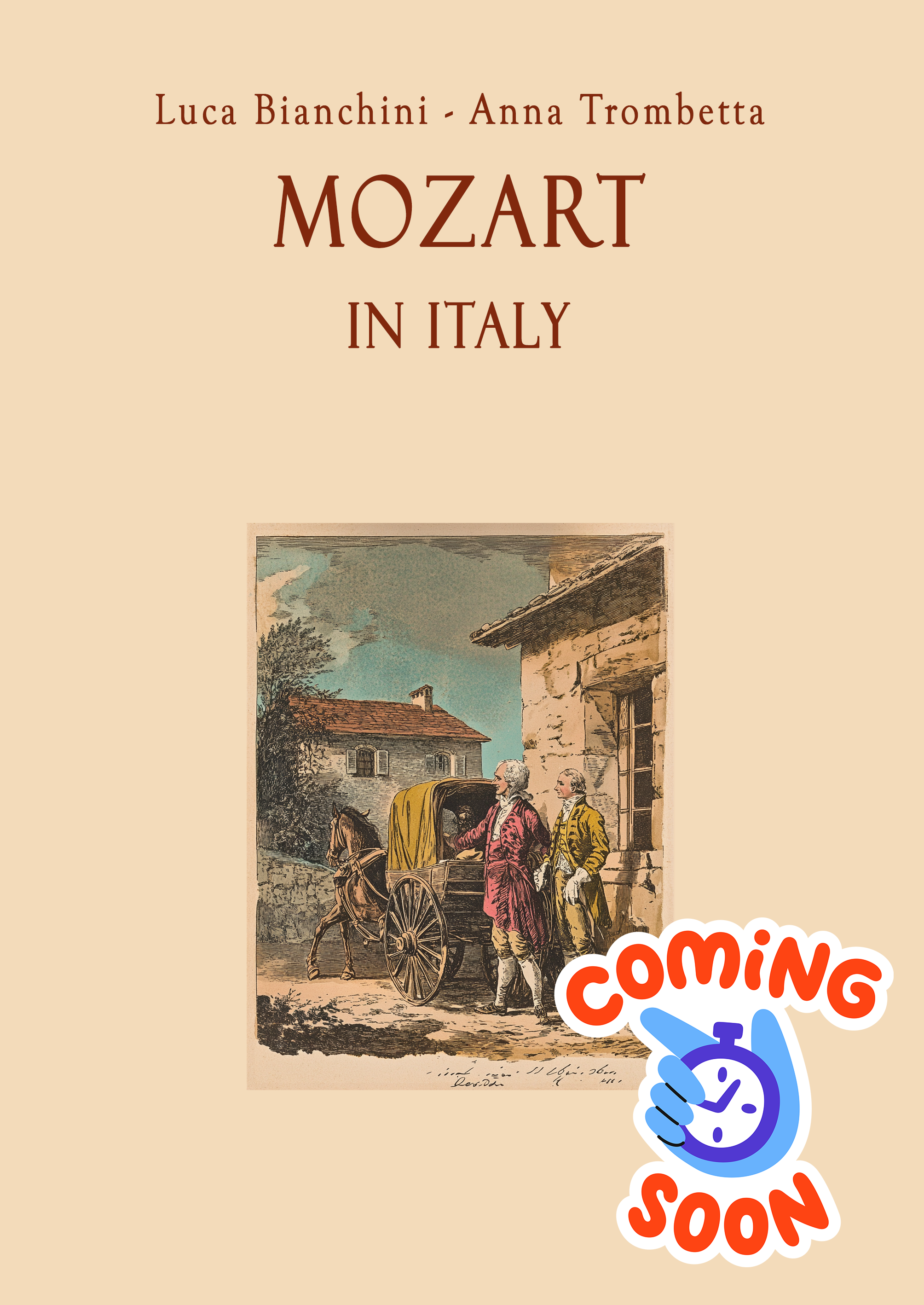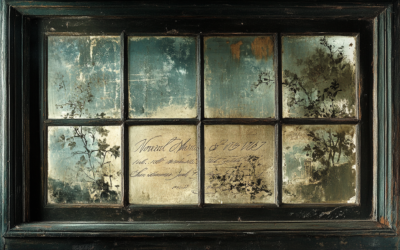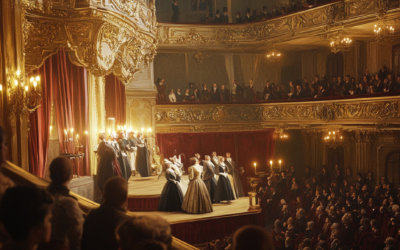A Modern Premiere
Quirino Gasparini’s Music Performed for the First Time
For the first time in modern history, Quirino Gasparini’s music has been performed. This concert, featuring arias from Mitridate and Beethoven’s Seventh Symphony, was conducted by Maestro Leonardo Muzii, with soprano Anastasiia Petrova.
Mozart in Italy
This book uncovers how Leopold Mozart ruthlessly controlled his son’s early career, focusing on how Mozart’s operatic successes were mere reproductions of existing works, especially the heavy borrowing from Quirino Gasparini.
It offers a unique look at their Italian travels, using original manuscripts and documents.
The online expansion includes rare audio, video, and manuscript access.
"Gasparini’s music, long overshadowed, takes its rightful place in the spotlight, revealing the true depth of his influence on Mozart."
@MozartrazoM
For the first time in modern history, the music of Quirino Gasparini, the composer whose works Mozart famously copied, has been performed. This extraordinary rediscovery is the result of the diligent musicological work of Luca Bianchini and Anna Trombetta, who have painstakingly revised and transcribed these forgotten compositions.
Conducted by Maestro Leonardo Muzii, the concert featured soprano Anastasiia Petrova, who performed arias from Mitridate by both Gasparini and Mozart, alongside Beethoven’s Seventh Symphony. The concert marked a pivotal moment in classical music, as Gasparini’s music returned to the stage, offering a new perspective on the history of 18th-century music.
This event is a must-see for lovers of classical music, revealing the influence that Gasparini had on Mozart and shining a light on a composer whose contributions have long been overshadowed.
You May Also Like
Mozart’s Illusory Triumphs
The story of the young Mozart’s so-called triumphs at the courts of Europe is a tale riddled with embellishments, half-truths, and fabrications—many courtesy of Leopold Mozart himself and those who later sought to mythologize his son. One such example is the visit to Munich on 12 January 1762.
The Vienna Disaster
The failure of La Finta Semplice in Vienna was a turning point for the Mozart family, revealing the cracks in the facade of Wolfgang’s prodigious reputation and prompting a desperate escape to Italy in search of redemption.
From Innsbruck to Bolzano
From Innsbruck to Bolzano, the Mozart family’s journey was a blend of strategic networking and missed opportunities, revealing the challenges of securing fame in 18th-century Europe.
The Myth of Mozart’s Sight-Reading Genius
Mozart’s so-called sight-reading miracles were less about supernatural talent and more about clever improvisation, as two key 18th-century witnesses make clear.
The Hidden Legacy of Michael Haydn
Mozart’s Symphony No. 37, K.444, is more Haydn than Mozart. How did this happen? A story of deception and misattribution unfolds.
The Myth of Mozart’s Education
For centuries, Wolfgang Amadeus Mozart has been celebrated as a musical prodigy, effortlessly composing masterpieces from a young age. However, when we peel back the layers of myth surrounding his early education, a different picture emerges—one in which his father, Leopold Mozart, plays a far more controlling and influential role than is often acknowledged. This article explores the true nature of Mozart’s education, examining how much of his early works can be attributed to his own genius, and how much was the product of his father’s meticulous and often self-serving guidance. Was Wolfgang’s brilliance entirely his own, or was it a crafted image designed by Leopold?







